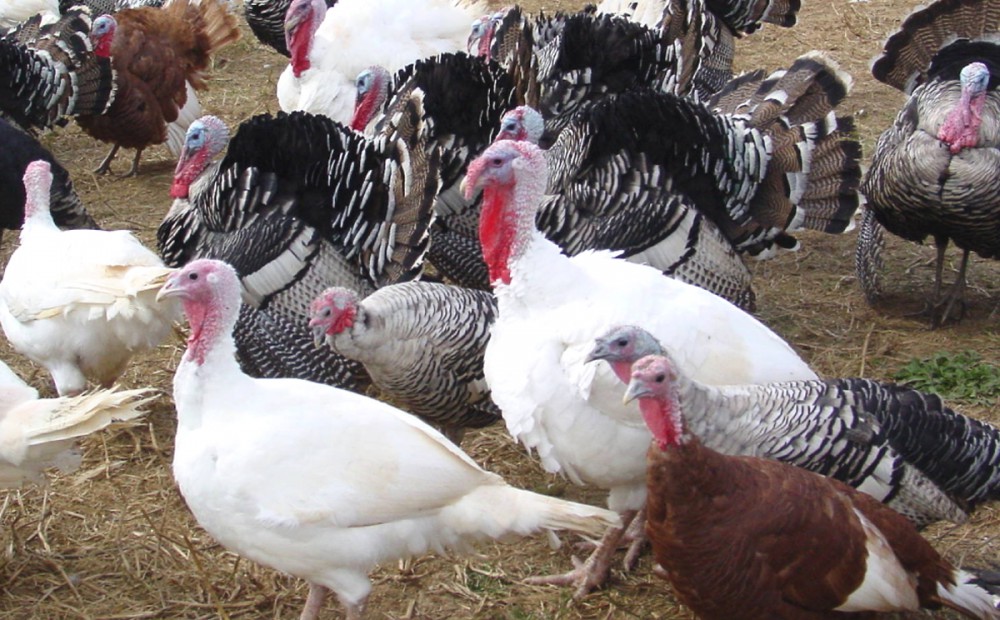Turkey farming is one of the unique business ideas you can venture into with as little as Ksh10,000 seed capital. The return on investment per sale of turkey (and turkey products) is enough to not only provide you with a decent monthly income but also enable you to hire a farm manager to run the business on your behalf.
In fact, it is quite possible to attempt commercial turkey farming in Kenya and still keep your day job. Does this sound like something you would like to do? Read through this simplified guide.
Turkey Farming in Kenya
Step One: Getting Started
As with any other business, the first step is to carry out a thorough feasibility study on the potential of this opportunity. You can talk to farmers who are already keeping turkey on a commercial basis.
Besides that, you can visit your nearest agriculture office (either at County or National level) to get more insights. Also, take this opportunity to familiarize with the potential market and identify the challenges you’re likely to encounter.
Step Two: Build Simple Structures
You will need to build a coop (poultry house) that is slightly larger than the one for chicken. Also build another smaller structure to accommodate the turkey younglings (poults) after they hatch.
Note: The poults’ structure should be warmer and cleaner than the one for the mature turkeys.
Step Three: Buy Turkeys
You can start by buying three turkeys i.e. two females and one male (tom). A 2-months-old turkey currently costs Ksh1,000. Note: A 1/8th acre piece of land can accommodate about 30 to 40 mature turkeys.
Step Four: Invest in Feeds
Turkeys require food that is high in protein so that they can mature fast and remain healthy. You can prepare a mixture of maize flour with ground omena in addition to other feeds that you may buy from your nearest agro-vet.
Step Four: Keeping Your Turkeys Healthy
The 2-months-old turkeys you’ll buy will take 4 more months to reach full maturity and start laying eggs. In order to keep them in good shape you will need to invest in vaccines and antibiotics.
Common diseases facing these birds include: mycoplasma (sneezing), coccidiosis, blackhead and haemorrhagic enteris all of which can be treated by an avian veterinary in your area. Health Note: Don’t mix turkeys with chicken.
Step Five: Reaping the Benefits
A turkey hen lays 15 eggs over a period of one month and requires 28 days to incubate with an 80%-90% hatchability . Assuming your two females lay and hatch poults successful, then your flock will grow to 25 turkeys.
You can sell some and keep some. A 2 month-old turkey goes for Ksh1,000 while a mature one (6 months old) goes for Ksh4000 – Ksh6000.
The Dos
*Maintain a male to female ratio of 1:3, best species is Heritage Turkeys
*Separate young poults from the mother during the day
*Poults should always be kept in a warm room
*Vaccination and general health is an important part of turkey farming
*Wider is readily available in upscale markets such as Village market, Enashipai, Fairmont the Norfolk and Supermarkets like Tuksys.
The Don’ts
*Don’t invest until you carry out a feasibility study
*Don’t mix turkeys with chicken to avoid cross-infections
*Don’t compromise on quality of feeds and coops
How Much To Invest
You can start a small farm of three turkeys with Ksh10,000. However, as your flock grows you will need to invest more in constructing coops and supplying feeds.
How Much To Expect
Mature turkeys weigh about 7Kilograms and can be sold for Ksh5,000 per bird. Turkey eggs can be sold for Ksh65 – Ksh100. On average you can earn Ksh20,000 per month on a small farm that requires Ksh10,000 to set up.
Final Word
Turkey farming in Kenya is a rare type of business idea because it requires small amounts of capital to set up and a little bit of innovation to scale-up. Therefore, if you have a desire to invest but don’t have a clue which way to go, this could easily be your best bet in 2016.



















